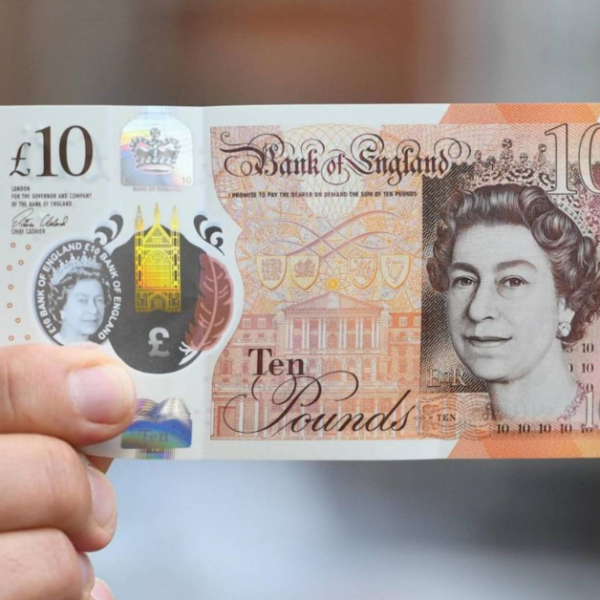The British pound slams over 4.8% in the Asian trade this morning, a period of low trade volume and minimal price volatility. While the lower liquidity might have impacted the significant price move, the fundamental catalyst stems from the UK’s new Chancellor, Kwasi Kwarteng announced additional tax cuts – the highest in 50 years!
The Bank of England’s current monetary policy stance is to raise interest rates to combat inflation, and a loose fiscal approach that may help the consumer short-term might result in increasing inflation pressures in the medium/long-term once fiscal support is removed.
Supplementing the problem is a weakening local currency leaving inflation susceptible to the upside. Money market pricing shows a sharp increase in interest rate increments from roughly 57bps last week for the November meeting to 75bps today.
The Chancellor’s tax cuts are funded by borrowing (selling UK Government bonds known as ‘gilts’) at a time when the UK economy is in a debt crisis. Although the Chancellor stated that debt to GDP is expected to fall, this might go for the opposite. Coupled with a deteriorating economic growth outlook for the UK, this unfunded package is thus far leaving global investors extremely wary about funding the deficit by purchasing UK government bonds.
Today, the Sterling is down against almost every currency worldwide due to the strong greenback and global concern around the status of the UK economy. The Tenreyro is scheduled to speak later this evening, and the markets will know the way forward.

